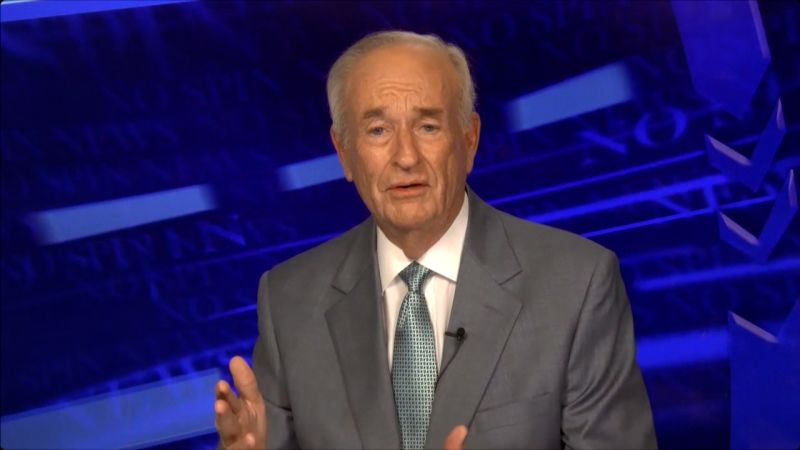During the discussion with CNN’s Laura Coates, former Fox News host Bill O’Reilly shared his insights on the debate performances of Vice President Kamala Harris and former President Donald Trump. O’Reilly highlighted Harris’ performance during the vice presidential debate against Mike Pence, noting that she was able to hold her own and put forth a strong argument. He commended her ability to stay composed and deliver her points effectively during the debate. In contrast, O’Reilly criticized Trump for his performance during the presidential debates, stating that he was often combative and did not effectively communicate his points. Overall, O’Reilly viewed Harris as the more effective debater between the two.
O’Reilly also discussed the impact of the pandemic on the debates, noting that the lack of live audiences due to COVID-19 had a significant impact on the dynamics of the debates. He pointed out that live audiences often play a crucial role in how candidates perform during debates, as they can influence the candidates’ behavior and responses. Without live audiences, O’Reilly believes that both Harris and Trump had to rely more on their own abilities to deliver their points effectively. He also highlighted the importance of the moderators in maintaining control during the debates, emphasizing the need for moderators to enforce the rules and prevent the candidates from speaking over each other.
In addition to discussing the debates themselves, O’Reilly also delved into the importance of preparation for debates. He emphasized the need for candidates to thoroughly prepare for debates in order to effectively communicate their points and respond to their opponents. O’Reilly pointed out that preparation is key in debates, as candidates must be able to anticipate their opponents’ arguments and have a strong understanding of the issues at hand. He noted that preparation can make a significant difference in how candidates are perceived by the public and can ultimately impact the outcome of the debates.
When asked about the impact of social media on debates, O’Reilly noted that social media has had a significant impact on how candidates communicate with the public. He pointed out that social media platforms provide candidates with a direct line to the public, allowing them to bypass traditional media outlets and communicate with voters on their own terms. O’Reilly also highlighted the role of social media in shaping public perception of candidates, noting that candidates must carefully manage their social media presence in order to appeal to voters. He emphasized the need for candidates to be strategic in their use of social media in order to effectively communicate their message and connect with voters.
Overall, O’Reilly’s insights shed light on the nuances of debate performances and the factors that can impact candidates’ abilities to effectively communicate their points. By examining the performances of Harris and Trump during the debates, O’Reilly provided valuable insights into the strategies and techniques that candidates use to make an impact on the public. His analysis of the impact of the pandemic, the role of preparation, and the influence of social media on debates offered a comprehensive overview of the challenges and opportunities that candidates face when participating in debates. O’Reilly’s expertise and perspectives on debates provide a deeper understanding of the complexities involved in political discourse and how candidates navigate these challenges to make their case to the public.













